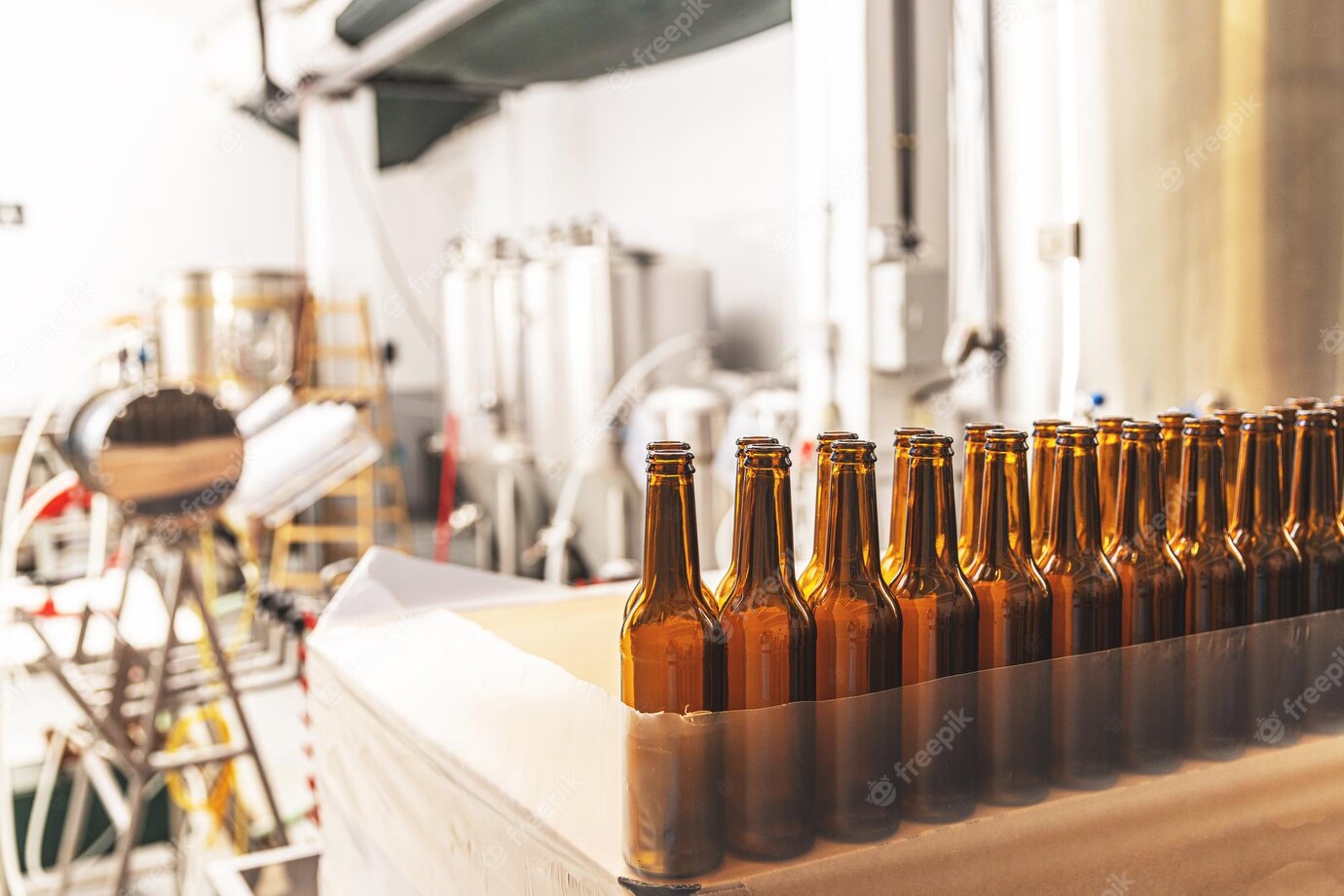Start Brewing Perfectly! Avoid These Common Mistakes & Taste Amazing Beer!
Brewing your own beer is a rewarding experience that allows you to enjoy a unique, custom drink. However, there can be many common mistakes made when brewing beer at home. This article will discuss the common mistakes home brewers make and how to avoid them. By taking the time to understand the brewing process and remembering the simple tips provided, you can make sure you create a great tasting beer every time.
Common Home Brewing Mistakes and How to Avoid Them
Home brewing beer can be an extremely rewarding and fulfilling experience, but it isn’t always as easy as it may seem. Experienced and novice home brewers alike can make mistakes. Even the most experienced brewers can make mistakes, but the good news is that most of these mistakes can be avoided by following a few simple tips. In this article we will take a look at the most common home brewing mistakes and how you can avoid making them yourself.
1. Not Cleaning and Sanitizing Properly
One of the most common home brewing mistakes is not properly cleaning and sanitizing all the equipment used in the brewing process. Cleaning and sanitizing are essential to ensure that the beer does not spoil and that any unwanted bacteria or other contaminants are eliminated. Even if everything looks clean, it is important to make sure to thoroughly clean and sanitize all your equipment in order to avoid any unwanted bacteria or contamination in the beer.
A few tips for properly cleaning and sanitizing equipment:
- Wash all equipment in hot, soapy water and then rinse well.
- Sanitize all surfaces with a solution of water and a food grade sanitizing solution, such as unscented household bleach or an anti-bacterial solution.
- Allow equipment to air dry before use.
- Use a clean, dedicated towel for drying off sanitized equipment.
2. Not Using the Right Amount of Ingredients
Another common mistake made when home brewing is using the wrong amount of ingredients. When an inexperienced brewer adds too much or too little of an ingredient, it can have a significant effect on the overall taste and quality of the beer. When adding ingredients, it is important to accurately measure them according to the recipe and to make sure that you are using the right amount. This will ensure that the beer tastes as it is supposed to and that the flavor is consistent.
3. Not Pitching Enough Yeast
Yeast is essential to the home brewing process, as it is what “eats” the sugars in the wort and converts them to alcohol. Without sufficient yeast, the fermentation process will not occur and no alcohol will be produced. Not pitching enough yeast is a common mistake made by novice brewers. It is important to make sure that you are using the right amount of yeast for the size and type of beer you are brewing.
4. Not Fermenting at the Right Temperature
Fermentation is the process of converting the wort into beer. The fermentation process requires the proper temperature for it to be successful and for the yeast to do its job. If the temperature of the fermentation is too high, it can lead to off flavors in the beer and an overly fast fermentation. If the temperature of the fermentation is too low, it can lead to a sluggish fermentation or even the beer not fermenting at all. It is important to make sure that you are fermenting your beer at the proper temperature according to the recipe.
5. Not Adding Hops at the Right Time
Hops are added to beer to provide it with bitterness, aroma and flavor. When brewing beer, it is important to make sure to add hops at the right time during the boil. Adding hops too soon can lead to an overly bitter beer, while adding hops too late can cause the aromas and flavors to get lost in the fermentation process.
6. Not Having the Right Equipment
Having the right equipment is essential when it comes to home brewing. Without the proper equipment, it can be difficult to properly clean and sanitize, add ingredients accurately, and ferment and store the beer correctly. It is important to make sure that you have all the necessary equipment before you begin brewing your beer.
7. Not Storing the Beer Properly
Proper storage of the beer is essential to ensure that it maintains its flavor and quality. Poorly stored beer can spoil, resulting in an unpalatable taste and smell. It is important to make sure that the beer is stored in a cool, dark place, away from direct sunlight and at a steady temperature.
Conclusion
Home brewing beer can be an immensely rewarding experience and can produce some delicious beer. However, it is important to make sure that you avoid the most common home brewing mistakes in order to ensure a successful batch of beer. By following the tips outlined in this article, you can ensure that your beer is of the highest quality and that you

